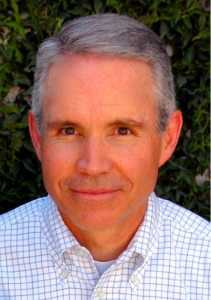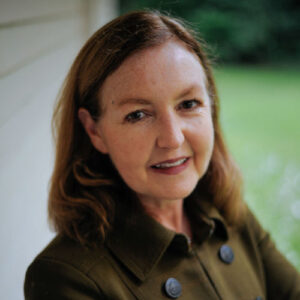Is Religious Devotion Consistent with Good Judging?
 David G. Campbell is a Senior United States District Judge for the District of Arizona
David G. Campbell is a Senior United States District Judge for the District of Arizona
During the confirmation hearing for Supreme Court Justice Amy Coney Barrett, Senator Diane Feinstein expressed a “very uncomfortable feeling” about the nominee’s religious devotion, observing that “the dogma lives loudly within you.” Senator Feinstein in effect asked whether a religiously devout person can serve as a truly fair and neutral judge. She seemed to fear that a judge’s devotion to religious doctrine will invariably override all other considerations—that religious dogma will prevail over the rule of law.
Many decried the Senator’s statement as religious discrimination, noting, among other things, that Article VI of the Constitution expressly forbids any religious test for public office. But the Senator’s question should not simply be dismissed as anti-religious animus. For those who believe in adherence to the rule of law, her question is relevant. Few would argue that judges should be free to impose their religious views through their judicial decisions. To the extent this is the focus of Senator Feinstein’s concern, it deserves thoughtful responses.


